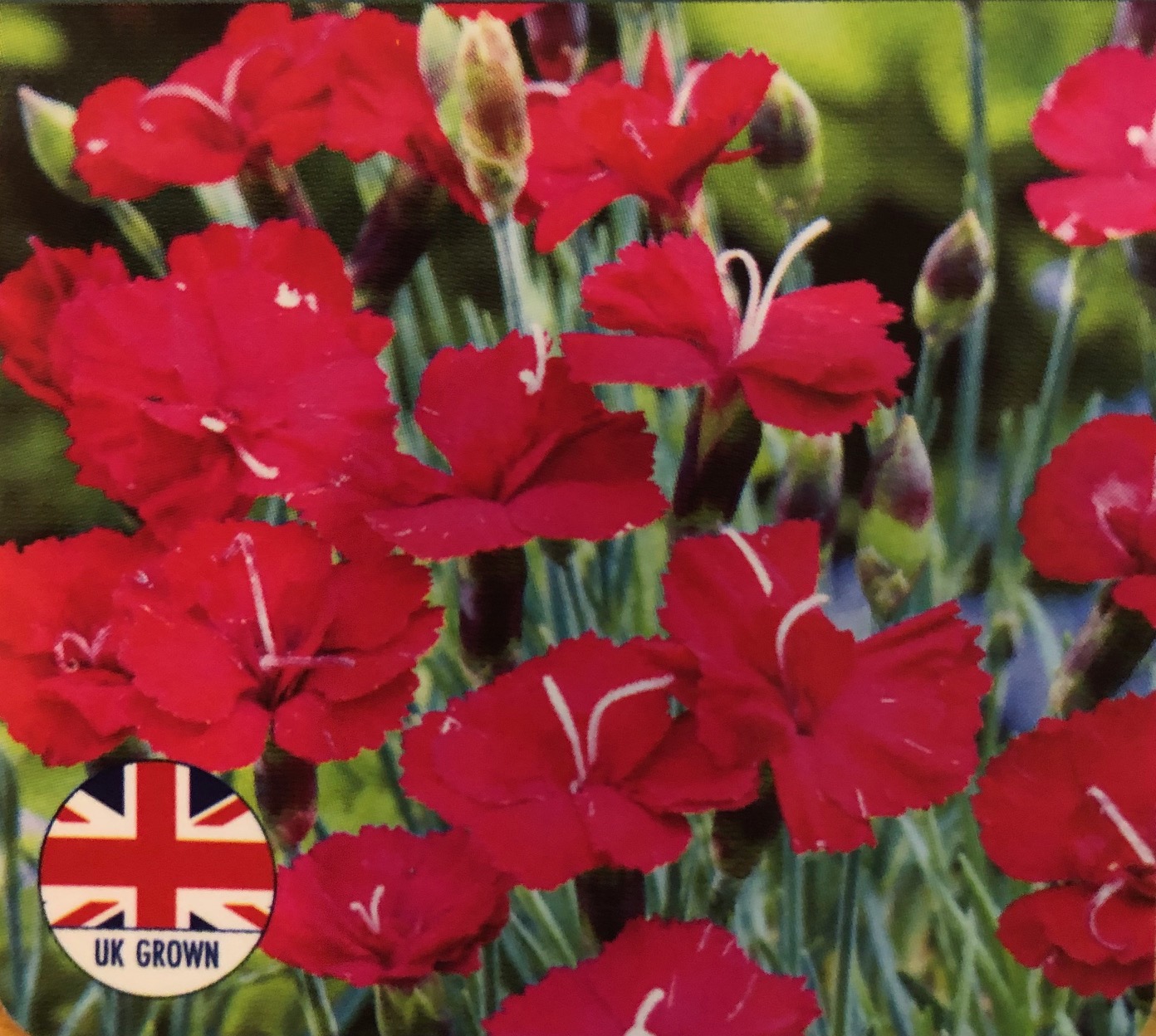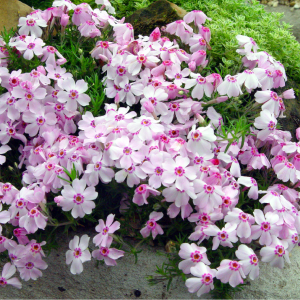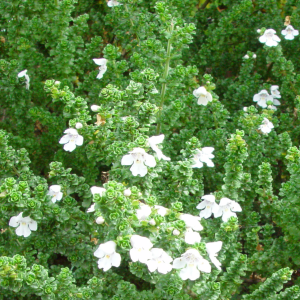Rockery / Small Spaces, Baby Range (9cm), Fragrant Perennials, Perennials
Dianthus Fusilier
Alpine pink
An alpine pink forming a compact mound of scented bright crimson red flowers. Growing to a height of 10cm, and a spread 20cm, it is covered in flowers in May to June. This little gem enjoys full sun, and is fully hardy.
SKU: DIANTHUS-FS
Categories: Rockery / Small Spaces, Baby Range (9cm), Fragrant Perennials, Perennials
Tags: Border edging plant, Cottage garden plant, Evergreen, Fragrant, Fragrant plant, Herbaceous border plant, Perennial Flower, Rockery plant, Rockery/Walls/ Paving/Edging Very Fragrant, small spaces
Related products
-
Rated 0 out of 5
Phlox Amazing Grace
£4.99 Select options This product has multiple variants. The options may be chosen on the product page -
Rated 0 out of 5
Prostanthera cuneata
£11.99 Select options This product has multiple variants. The options may be chosen on the product page






